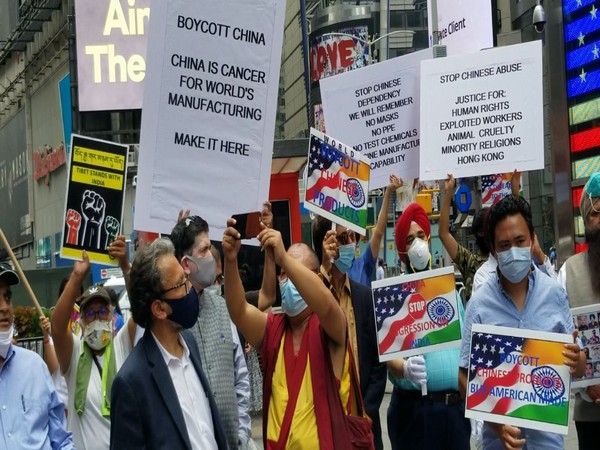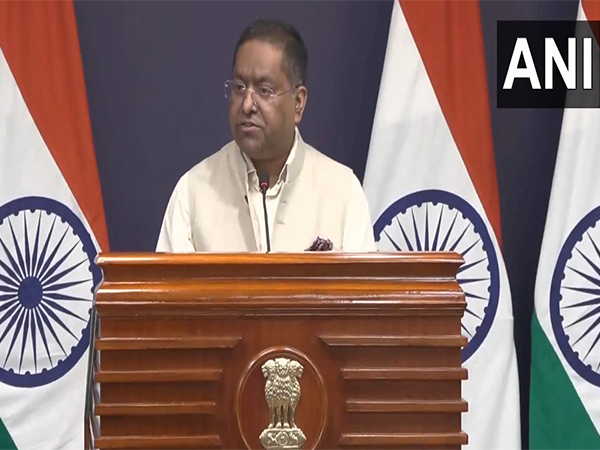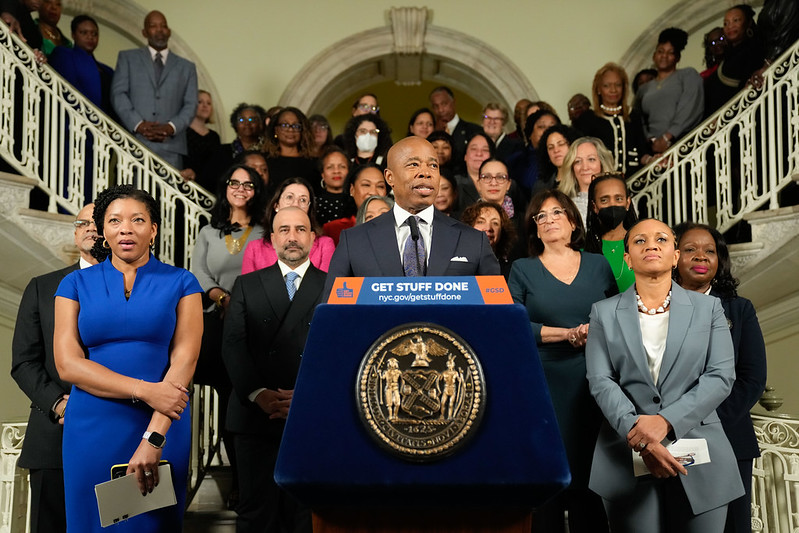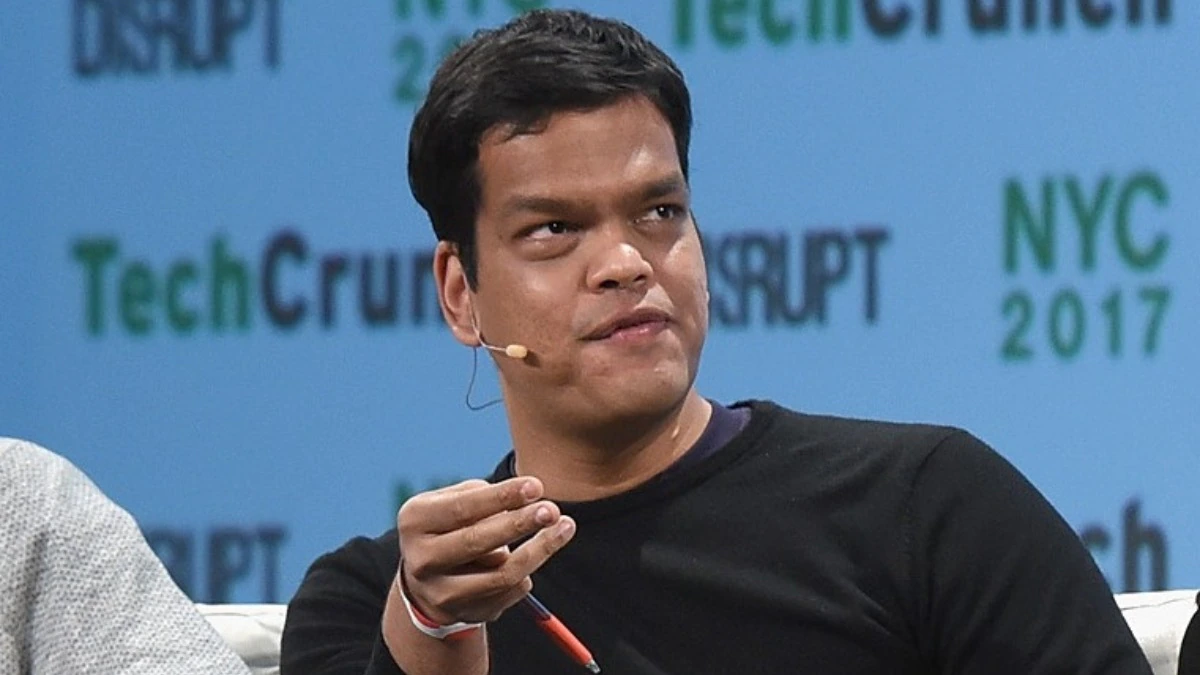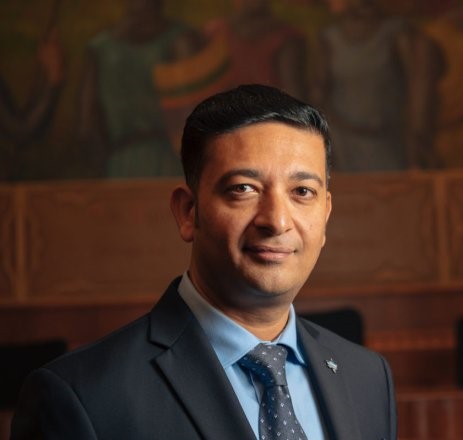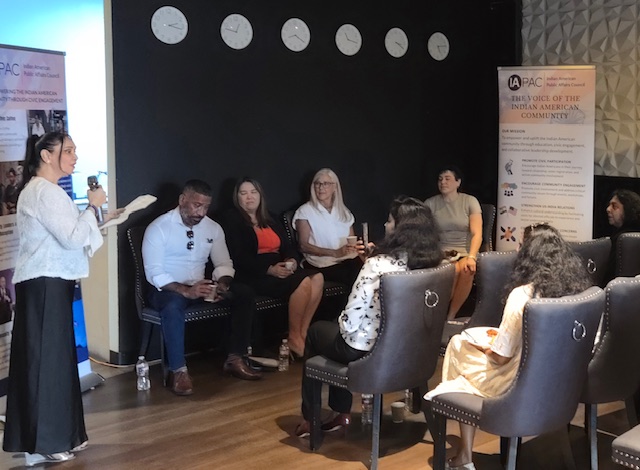Significantly, many of those surveyed supported the Indian PM but not President Trump.
Shashidhar Nanjundaiah
A new study shows that Indian Americans, now the fastest-growing racial group in the United States, are also increasingly desirous of better visibility and representation for the ethnic group. Nearly 67% of the respondents of the survey said “Yes” to the question: “If more Indian Americans were elected to office at the local, state and federal levels, would you feel like you were being better represented?” Nearly 59% said they would support an Indian American regardless of which political party they belong to. There was only a 5% difference in this response between second- and first-generation immigrants.
Political affiliation among Indian Americans, an increasingly important political voter base, is largely Democratic, but a far larger proportion supports Indian Prime Minister Narendra Modi’s nationalistic policies, the story revealed. Those who arrived on the shores over the last decade are more likely to support President Donald Trump.
For example, 46% of the respondents of a survey said they either strongly or somewhat support Modi’s Citizenship Amendment Act (CAA), which aims to categorize immigrants by religion, while only 22% said they oppose it. This trend did not have a significant difference between respondents born in the United States and those born outside.
The researchers draw attention to an aspect of the community Indian Americans are aware of but is rarely discussed in research or the media—their diversity. The consistently large support among Indian Americans for the Democrats does not indicate opposition for the socially conservative Bharatiya Janata Party in their country of origin. This research found that even among those opposed Trump, there was strong support for Modi’s policies like the CAA and abrogation of Article 370 in Kashmir.
That comparison between support for the two leaders may be valid because both Trump and Modi are right-wing leaders who appeal to majority communities.
Responses to the nuanced questions reveal that rather than looking at that aspiration in ethnic terms, Indian Americans could be appealing for better understanding of the immigrant experience per se. The question: “Do you support or oppose the president’s ban on H1-B visas?” found differing resonance between those born in the United States (45% opposed, 28% supported, 19% had no opinion) and those born outside the States (50% opposed, 19% supported, 23% had no opinion).
Predictably, Indian Americans feel a strong sense of pride for Vice President-elect Kamala Harris, who has often played on that sentiment by using Indian evocations like her Indian chittis (Tamil for aunts) and Indian food, perhaps aware that those terms would both resonate among voters and add to her popularity among heritage-conscious Indians around the world.
Sara Sadhwani, an assistant professor of politics at Pomona College, and Maneesh Arora, an assistant professor of political science at Wellesley College, surveyed 1,003 Indian Americans in October, shortly before the presidential election, on their political affiliations and their aspirations from the government-in-waiting.
For the full research report, click here.
















